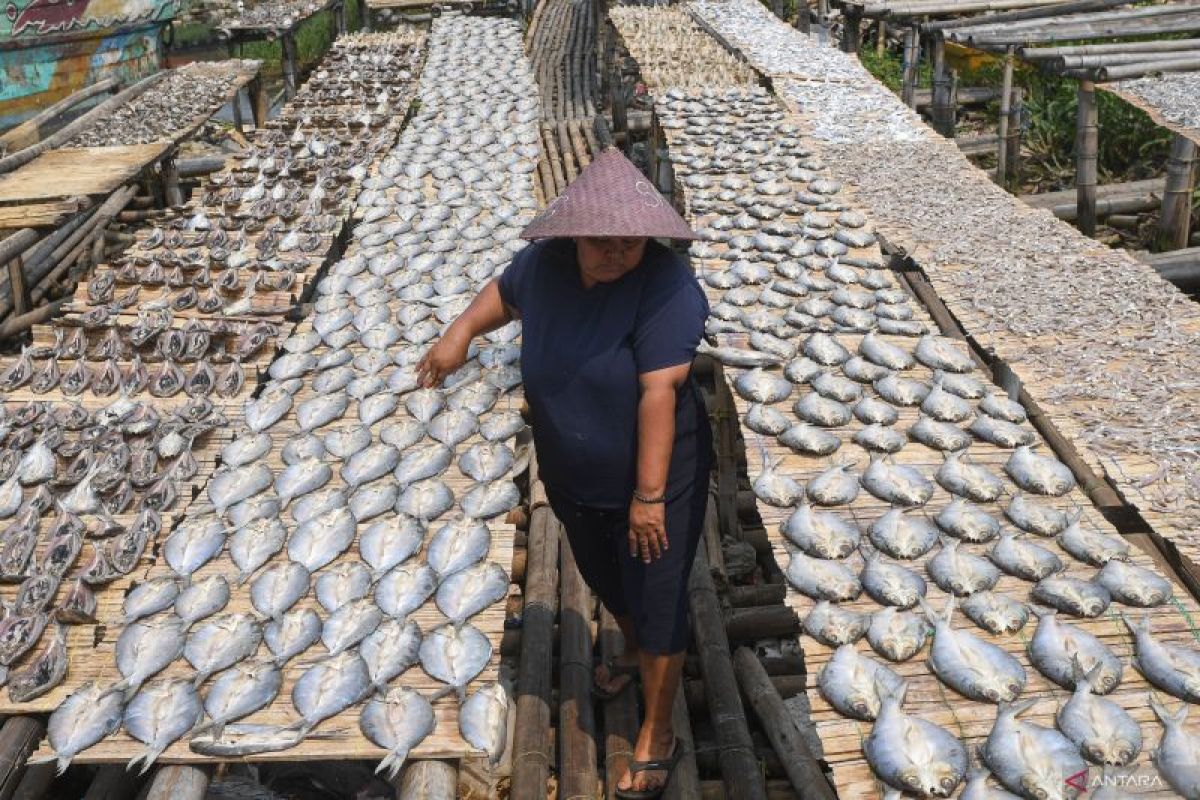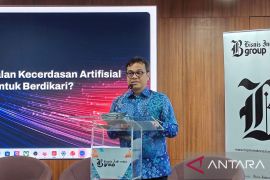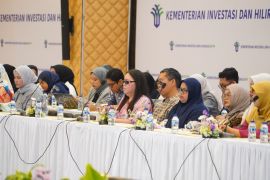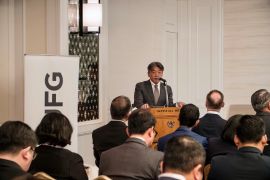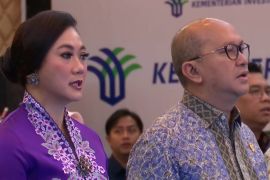"This is the country's policy direction in encouraging economic growth above five percent. The Indonesian government's policy direction, in the context of investment, will mainly focus on downstreaming," he remarked here on Monday.
He stated that although the current conditions of global uncertainty are influencing investors' decisions to invest, Indonesia has strategic factors to be able to compete globally to attract investment.
Those factors are political, legal, and economic stability; adaptive and progressive policies towards the improvement of the investment climate; the potential of human resources, both in terms of labor availability and markets; and the potential of downstreaming abundant natural resources.
He noted that the existing geopolitical dynamics have caused recessions and crises in various parts of the world. Hence, sustainable investment that can encourage more inclusive, fair, and equitable development is deemed necessary.
"To this end, the government is focusing on the development of industries that are environmentally friendly and utilize new and renewable energy," Lahadalia remarked.
It is also deemed necessary for Indonesia's abundant natural resources to be managed wisely and sustainably through downstreaming and industrialization to provide maximum added value for the nation's interests, for instance, by increasing exports, generating foreign exchange, increasing state income, and boosting economic growth.
Downstreaming can also support the achievement of sustainable development goals (SDGs), especially regarding the creation of decent jobs, climate change mitigation, and the alleviation of poverty and inequality.
Lahadalia also explained that Indonesia has the world's biggest CO2 storage potential, so investors can build the downstream process using new and renewable energy while still contributing to efforts to reduce emissions through carbon capture, utilization, and storage (CCUS) technology.
CCUS is an innovative technology that can capture CO2 emissions from industrial operations and power plants to prevent them from being released into the atmosphere.
He ensured that it would oversee investment from upstream to downstream, especially in the priority sectors, starting from the promotion of investment, the issuance of business licenses and various incentives, financial closing, construction, to commercial production.
He stated that his ministry has created a roadmap with a potential of US$545.3 billion throughout the 2023–2035 period for 21 commodities from eight priority sectors: minerals, coal, oil, natural gas, plantations, fisheries, maritime, and forestry.
From January to September 2023, the Investment Ministry recorded that investment realization in the downstream industrial sector reached Rp266 trillion (around US$17.03 billion), or 25.3 percent of the total investment realization, which reached Rp1,053.1 trillion (around US$67.43 billion).
Related news: Indonesia pushes downstream policy for economic sovereignty
Related news: Indonesia promotes downstream industries, Nusantara in China
Translator: Ade Irma, Raka Adji
Editor: Anton Santoso
Copyright © ANTARA 2023
